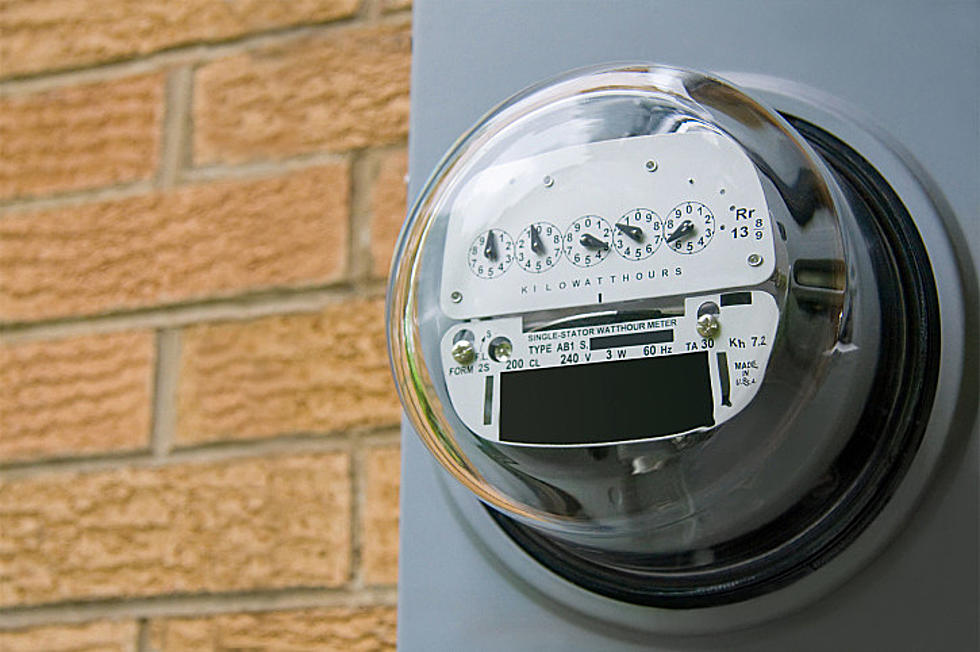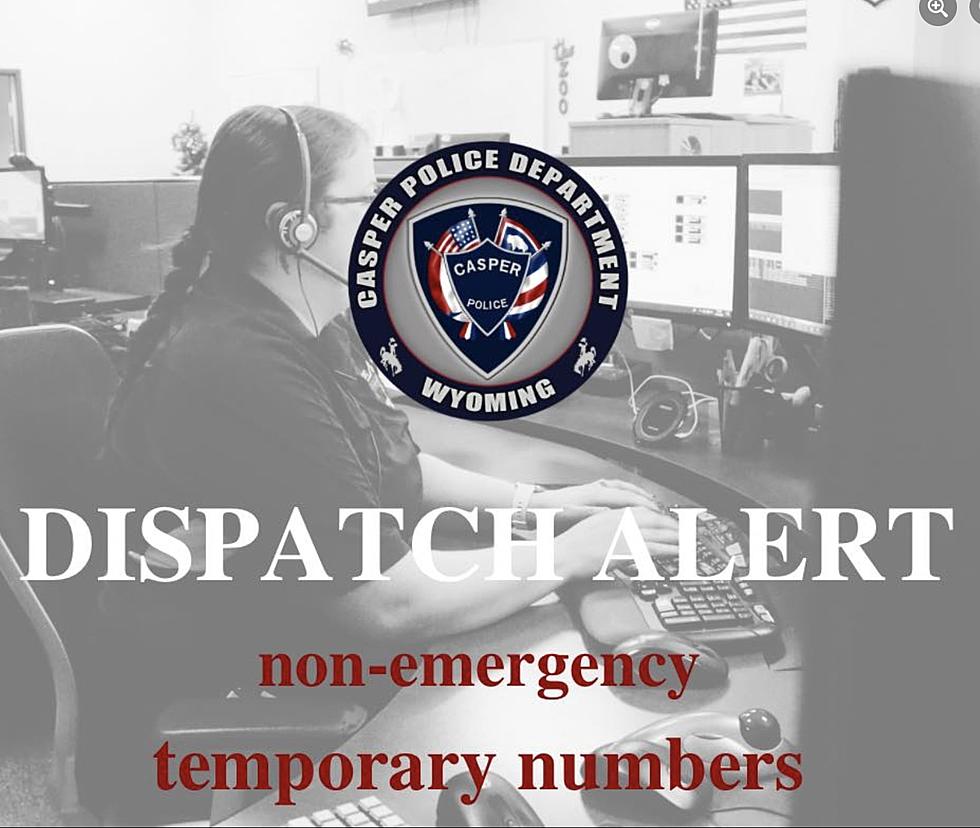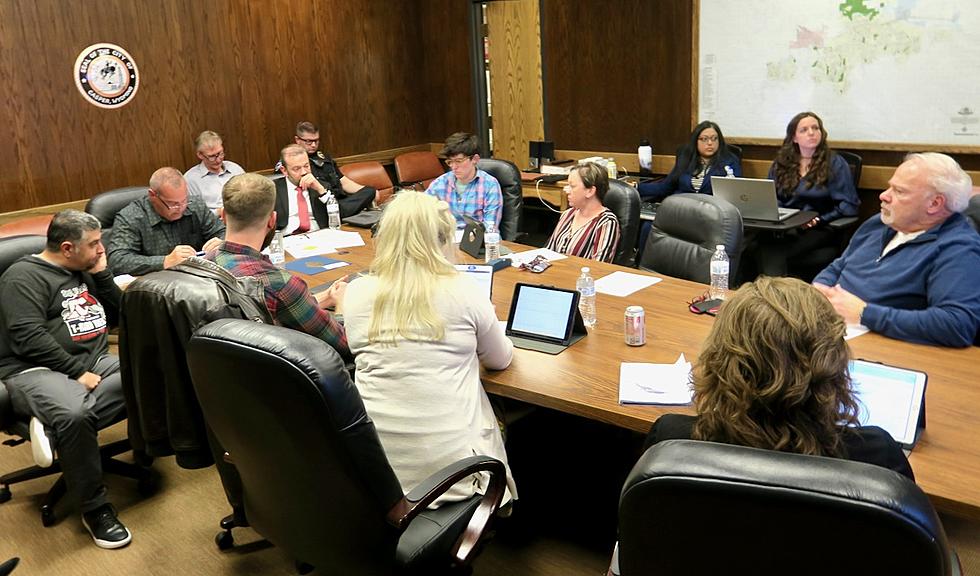
Casper City Council Pans Parking Meters for Now
The Casper City Council on Tuesday decided for the time being to not install parking meters on some downtown streets.
They gave a thumbs down at a work session to a recommendation from an urban center parking plan that meters could help retail businesses by enhancing parking turnover and improve the use of the public parking garage, according to the agenda for the Sept. 24 council work session.
This recommendation added that revenues from the meters could be reinvested into other parking matters and maintenance, and create an enterprise fund for future parking.
Another recommendation involved investing in training police for more and better parking enforcement.
Casper Community Development Director Liz Becher showed the council several maps of parking options and available spaces downtown.
A study of downtown parking showed that there isn't a parking shortage, but rather a problem in how available parking spaces are used.
It apparently isn't used well.
Council member Steve Cathey and other members said despite the city having a public parking garage, a lot of people especially downtown business employees cheat the current system of free parking downtown for two hours by moving their vehicles every two hours.
Regarding parking meters, it's deja vu all over again.
Cathey said the city took out meters in 1992 because they discouraged people from going downtown.
Mayor Charlie Powell said downtown merchants have said they fear that meters will discourage people from coming downtown, but the idea for meters is exactly the opposite.
Meters would encourage people to park to take care of business, leave the space after two hours and open it for someone else to park, Powell said.
More use of the garage would help, too, he said.
Khrystyn Lutz said everyone she's talked to, especially downtown business owners, opposes meters.
Likewise, Ken Bates said he opposes meters, and wondered whether they would discourage food trucks from parking in front of businesses.
Bob Hopkins said people have told him they don't like parking meters, and wondered if there would be a way to phase in enforcement.
Enforcing parking is another matter.
Casper Police Chief Keith McPheeters said parking enforcement is labor-intensive because an officer has to determine if a vehicle has overstayed its two-hour limit, not counting the costs related to prosecuting a violation.
Technology advances may help, McPheeters said.
McPheeters said parking meters have advanced technologically to the point that people enter their license plate numbers in a meter and will record when they've overstayed their limit.
The technology would save a lot of labor costs, but it is capital intensive and it can become quickly obsolete, he said.
The police department has a primary role to enforce parking, but it needs direction from the council, McPheeters said.
More From K2 Radio









